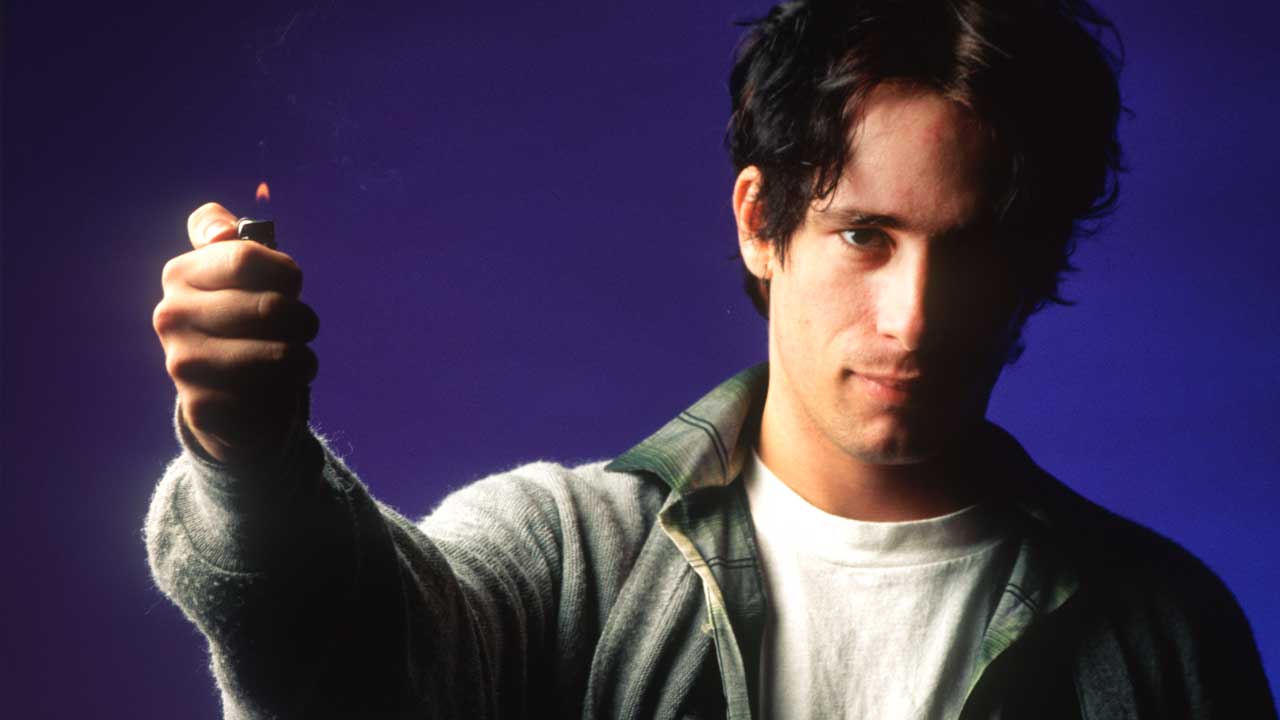For better or worse, there’s an argument that the song Hallelujah belongs to everybody now, with some 300 documented versions spanning from the histrionics of X Factor belter Alexandra Burke to the mannered balladry of John Cale.
But in the end only two versions really matter: the original, on its writer Leonard Cohen’s Various Positions album of 1984, that gave the song life, and Jeff Buckley’s spellbinding one-man tour de force, released a decade later on Grace. Both still force all else into the background.
Hallelujah was obviously an itch to scratch for Cohen, who drafted 80-some verses and tortured himself over the lyrics, famously sitting in his underwear at New York’s Royalton Hotel, notebook in hand, banging his head on the floor.
“To find that song, that urgent song, takes a lot of versions,” he said in an interview with SongTalk, “and a lot of work and a lot of sweat.”
It paid off. Up to a point. While the Hallelujah lyrics evolved with every tour, Cohen’s original studio version remains a powerful piece of writing, steeped in the scriptures and full of indelible lines (‘Your faith was strong but you needed proof/You saw her bathing on the roof/Her beauty in the moonlight overthrew you’). But the track suffers, almost terminally, from its dated synth and dour lead vocal, further dwarfed by the gospel choir.
Buckley had a bolder plan. In early days, the singer-songwriter had made New York’s Sin-e club shiver with a reading that he said nodded to “the hallelujah of the orgasm”. And in late 1993, when Grace was recorded, he hammered home that sensual treatment (the track even begins with an audible sigh).
“Whoever listens closely to Hallelujah will discover that it is a song about sex, about love, about life on earth,” Buckley once said. “It’s an ode to life and love.”
There was a little of the Cale version (from 1991’s I’m Your Fan) here, but whereas the Velvet Underground man had led with the piano, Buckley elevated the song with a showcase of solo electric guitar, starting out rich, sad and slow, then blossoming into a shimmering instrumental passage that stopped all the clocks.
“I hope Leonard doesn’t hear it,” he once said – but that could only have been to spare the older songwriter the ignominy of hearing his own song perfected and wrestled away from him.
Released between grunge and Britrock, Buckley’s Hallelujah seemed a fragile anomaly, too good for this world. So too, it transpired, was Buckley. By the time the 30-year-old’s body was dredged from the choppy waters of Tennessee’s Wolf River in May 1997, the song had taken on an almost unbearable poignancy.
“There’s a spiritual quality in Hallelujah that touches people,” Buckley’s one-time collaborator Gary Lucas once told this writer. “There’s a holy quality in that song. But it’s like they said about Sinatra: Jeff could have sung the phone book and made it sound great.”

